HOW TO FOSTER A JUST, EQUITABLE, DIVERSE, INCLUSIVE WORK ENVIRONMENT
IN THESE TURBULENT, UNPRECEDENTED TIMES many companies around the world are using business interruptions for reflection, taking a hard look at their diversity and inclusion programs and policies. This work can be challenging, but it’s crucial to creating a more equitable and supportive workplace for everyone.
The Importance Of Diversity In The Workplace
Countless studies have shown that both jobseekers and current company employees want to work in diverse workplaces. This means that businesses who want to attract and retain top young talent must start showcasing their ongoing diversity and inclusion efforts.
Workplace diversity is not just something that improves a company’s reputation, it also has many direct, tangible benefits. Identifying and hiring people with diverse backgrounds and characteristics that range in age, gender, race, ethnicity, religion, sexual orientations, education, and other attributes can lead to increased productivity, more innovation, improved employee engagement, and a reduction in employee turnover. Moreover, diverse businesses have a proven, significant competitive advantage over their peers on multiple levels, which in turn improves profitability.
In collecting and analyzing data on diversity over time, comparing the numbers to competitors, and sharing them with key stakeholders, businesses can increase accountability and transparency around these issues.
The Modern Definition Of Diversity
The definition of diversity has evolved in recent years, and it’s important to recognize the different perceptions of this word between the generations within an organization. Millennials and Gen-Zers view diversity as the acceptance and embracement of coworkers with differences, thereby adding culture and knowledge base to the mix.
Today’s society holds a great deal of bias, known and unknown, and in order to step outside of the preconceptions, we have to make our unconscious mind, conscious. Implicit bias, which is an unconscious thought or feeling that keeps us from thinking neutrally, can shape our beliefs and assumptions, color the way we treat other people, and even help decide what "feels true" for us when it comes to larger social and political issues. For example, if you’ve ever looked at someone and doubted their ability to speak fluent English, you have experienced implicit bias. Nonetheless, the effects of implicit bias are not always negative. You might feel more at ease around someone that also graduated from your alma mater than you would otherwise.
Attracting Diverse Talent
Research shows that the hiring process is full of bias. For decades, recruiters have worked using the same general methodology: targeting the same pools of talent from the same networks with the same skills, and almost exclusively reaching out toward candidates who went to an elite university or who have worked at brand-name companies. Plus, your current employees play a large role in who gets hired next. There are plenty of new methods any recruiter or HR team can use to ensure they’re attracting the absolute best talent to their company; however, some AI technologies, although more efficient, can reproduce and even exacerbate group-based inequalities by race, gender, or other social categories. Thus, it is important to audit these processes and procedures often, testing for any biases. Here are some additional suggested steps to take towards improvement:
- Convert job descriptions to gender-neutral language
- Ban “culture fit” as a reason to reject a candidate
- Explicitly request a diverse range of referrals
- Invest in a more structured interview process by adding a script
- Include underrepresented employees in the interview process
- Evaluate executive team’s portrayal of diversity
One thing to note in conversation: a candidate is not diverse, rather they are able to bring diversity to a group or team. Many times, this phrase is mistakenly used, especially when referring to “diversifying upper management.” Modifying recruitment strategies is an important first step in building a more inclusive work culture, but it does not end there.
Creating A More Inclusive Work Environment
When your employees feel they have to hide or mask core parts of themselves at work like their native language because they feel unsure, unsafe, or even invisible, it can take a toll on motivation, engagement, and ultimately employee retention. People have been known to quit their jobs when they feel that their uniqueness is not appreciated or valued. Hence, inclusion is not, in fact, a natural consequence of diversity.
At the individual level, inclusion comes down to respecting others enough to listen to what they have to say and thoughtfully considering their opinions. Often times, when an idea being shared differs from one’s own, one might begin to develop a defense or rebuttal in their head before hearing the person out completely. Instead, one should try to listen and ask questions after they’ve made their case, such as requesting for them to elaborate and/or cite examples to test their theory. Nevertheless, it’s not just important for an individual employee or even a small team or department to understand thinking patterns; it’s also important that they know and understand how other people at the company think.
Below we’ve outlined some more ways in which companies can foster a culture where every voice is welcome, heard, and respected.
1. INTRODUCE DIVERSITY AND INCLUSION EARLY ON IN THE EMPLOYEE LIFE CYCLE.
During the onboarding process, managers must clearly communicate why the company places value on this topic, how the employee personally fits into the big picture, and be prepared to welcome and answer any questions. It’s crucial to avoid being defensive in presenting your company’s data around such policies, especially when it comes to compensation. From there, work to normalize the DEI conversation by providing diversity trainings and communication channels for employees to share articles or new updates to increase emotional intelligence.
2. ENSURE YOUR GRIEVANCE SYSTEM ACTUALLY WARDS OFF BAD BEHAVIOR.
Many employees hesitate coming forward with a complaint in fear of some type of retaliation. Leadership mindsets must be changed from seeing complaints as threats to valuing them as insights that can spark positive organizational change. Consider a more flexible complaint system that offers more than one path for resolution. Instead of a formal hearing process, external mediators can help push things forward and allow the company to refrain from relying so heavily on human resources.
3. IMPLEMENT DEI PROGRAMS AND ACTIVITIES THAT DRIVE INTERNAL MOBILITY.
Another layer of diversity to consider is where employees function within an organization. Certain roles are dominated by a single demographic, and in the wake of COVID-19, jobs held in majority by Hispanic and Black workers (logistics & production) were hit the hardest. Cross-training programs enable employees to voluntarily spend time working in different roles, developing hard/soft skills and learning from employees who have distinctive identities. Diverse mentorship programs, either by pairing employees with a similar background or that come from a varied worldview, can also be a wonderful opportunity for both parties to break down biases and see things from a new perspective. Lastly, employee resource or “affinity” groups for those with commonalities or shared cultures, such as LGBTQ, can reinforce a supportive work environment.
4. REFLECT EVERYONE’S NEEDS AND PREFERENCES AT GATHERINGS.
Implement a series of events, celebrations, and programs for continued learning and awareness. Social activities encourage employees to interact and learn more about one another, but keep in mind that team bonding events after work might exclude working parents/caregivers. For any celebratory occasion, let employees know that such events are optional, and be sure to include food and beverages that everyone that can consume. Asking proper questions about preferences can go a long way in making these experiences more inclusive.
5. STRENGTHEN COMPANY POLICES AGAINST DISCRIMINATION.
Leadership must actively commit to continuous improvement in the areas of diversity and inclusion. It should be clear that your company values and strives for diversity in the workplace, free from discrimination and toxicity to create a safe space for all. This could be achieved through unambiguous statements in employee handbooks and employment contracts. Be sure to update language to reflect the appropriate/politically correct/equitable terminology used in all documents and signage. In addition, revising parental/sick leave policies, benefits options, compensation policies, and communication methods to be more inclusive can help employees feel relevant and part of a shared mission.
Above all else, employers should listen to employees and act on their suggestions for improvement.
What Is J.E.D.I?
This practice of diversity & inclusion is now referred to as “JEDI,” a two-syllable word that packs a lot of meaning. JEDI adds the words justice and equity as part of the conversation and commitment towards fostering a sense of true belonging in the workplace.
In order to ensure equal possible outcomes for all individuals across the organization, “Equity” requires that employers recognize barriers and advantages. Equitable processes seek to identify these imbalances and then create processes where the disparate outcomes wouldn’t exist. For example, in a job description, listing years of experience narrows the talent pool, especially for women who tend not to apply to jobs where they do not meet 100% of the criteria. Sometimes, there are prohibitive factors that hold certain individuals back to consider during the hiring process. “Justice” involves working to dismantle barriers to these resources and opportunities for the greater good of society.
If you’re interested in learning how Delta can help you lead the way for change, please don’t hesitate to contact us.




